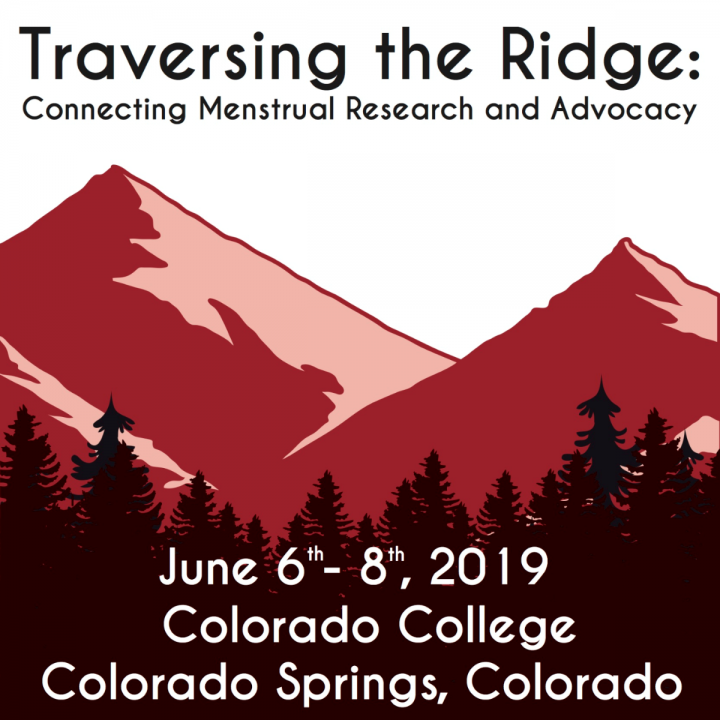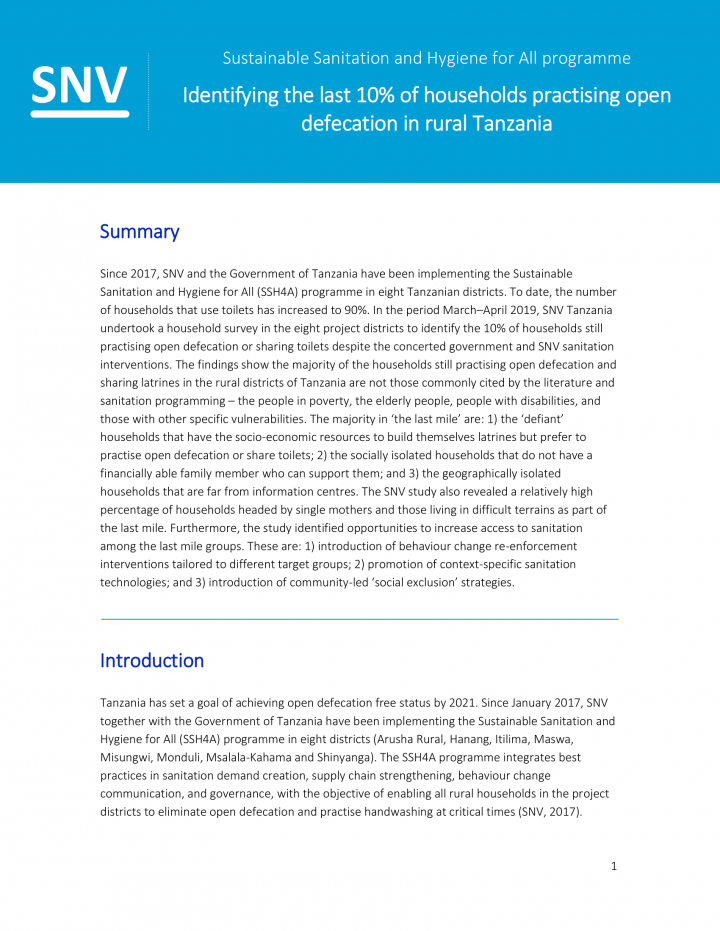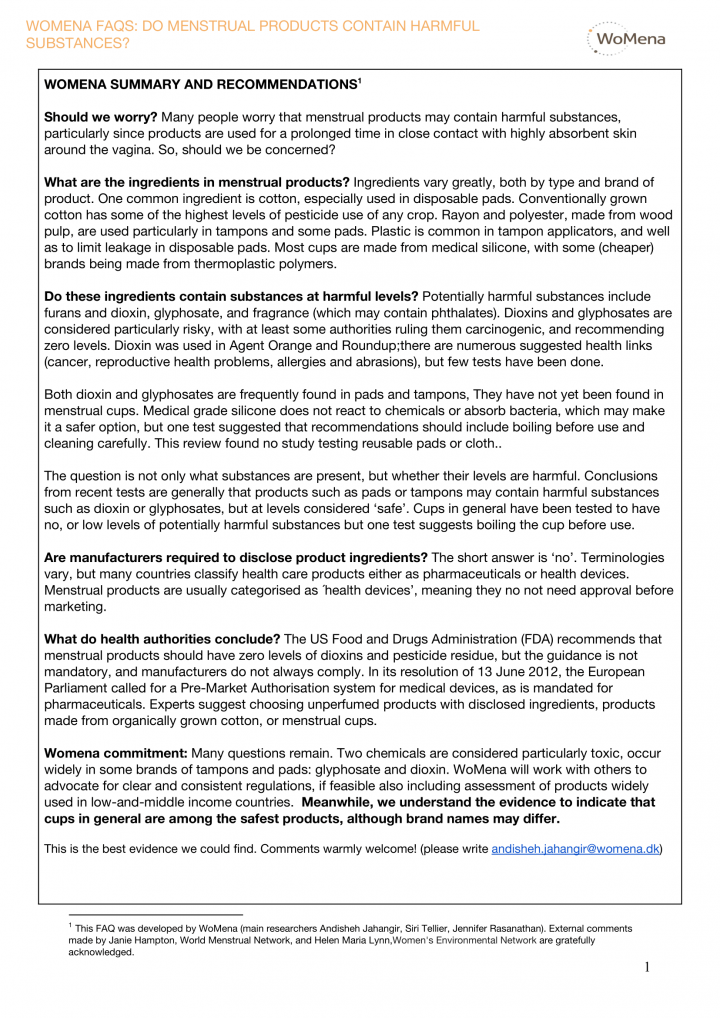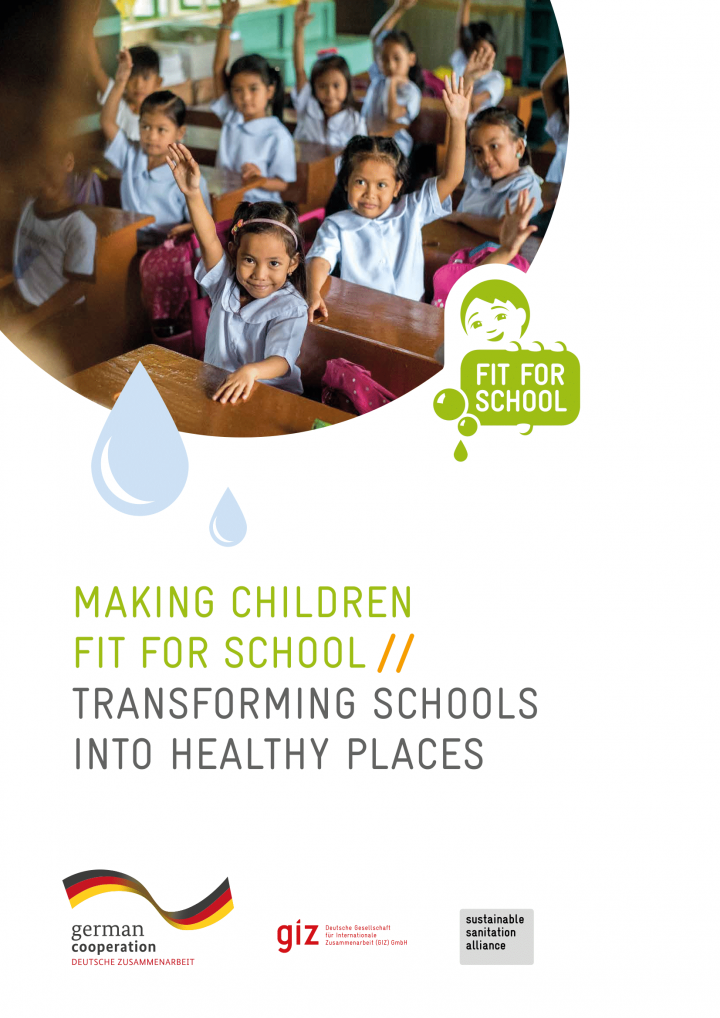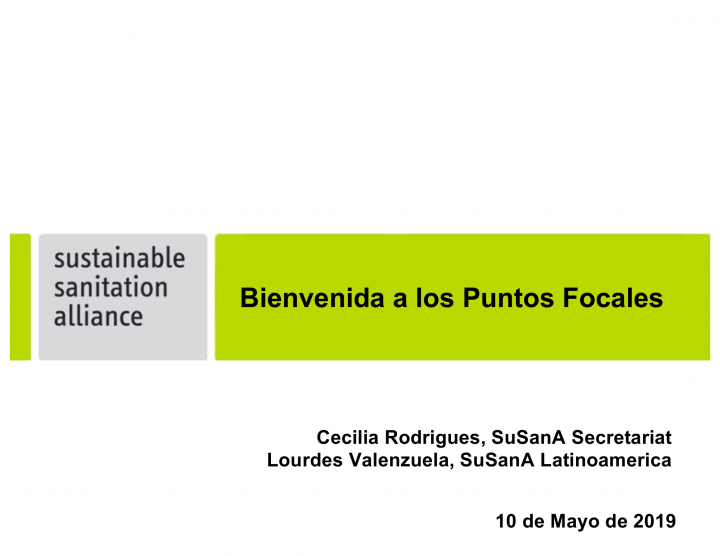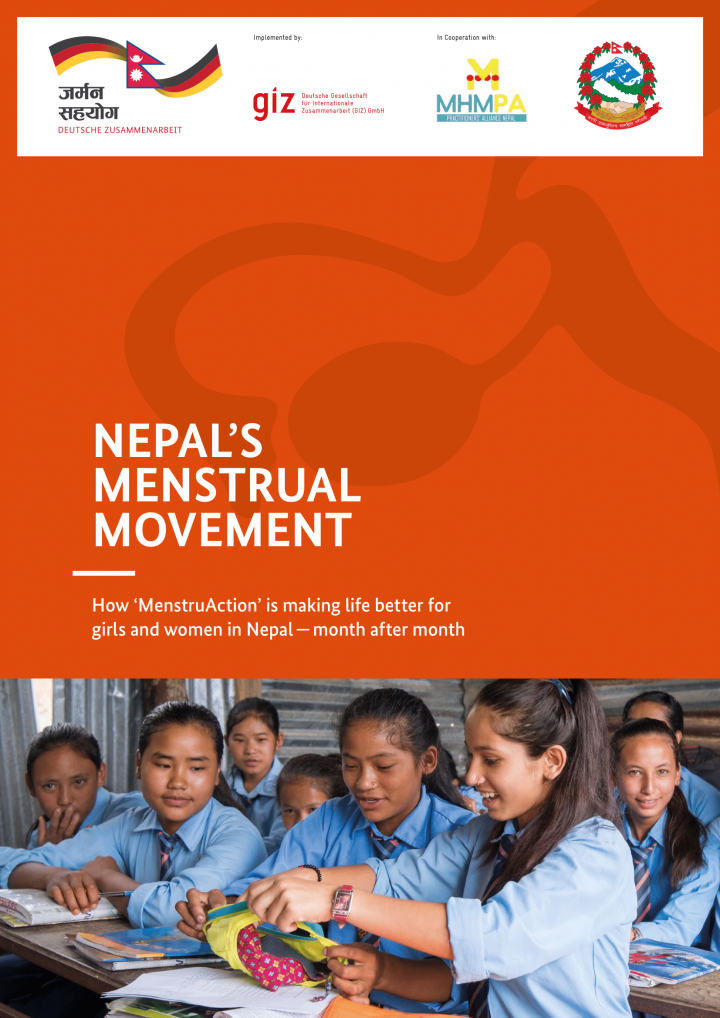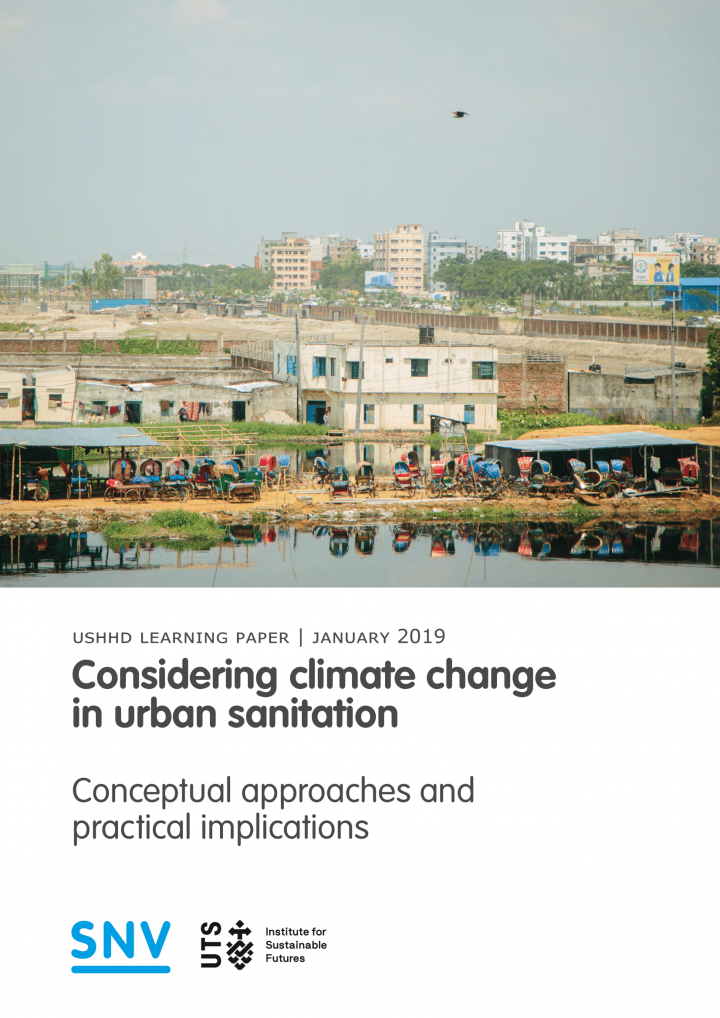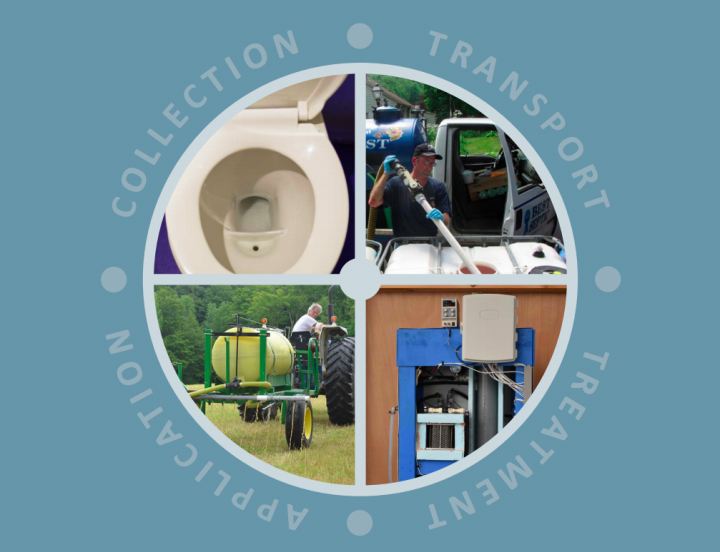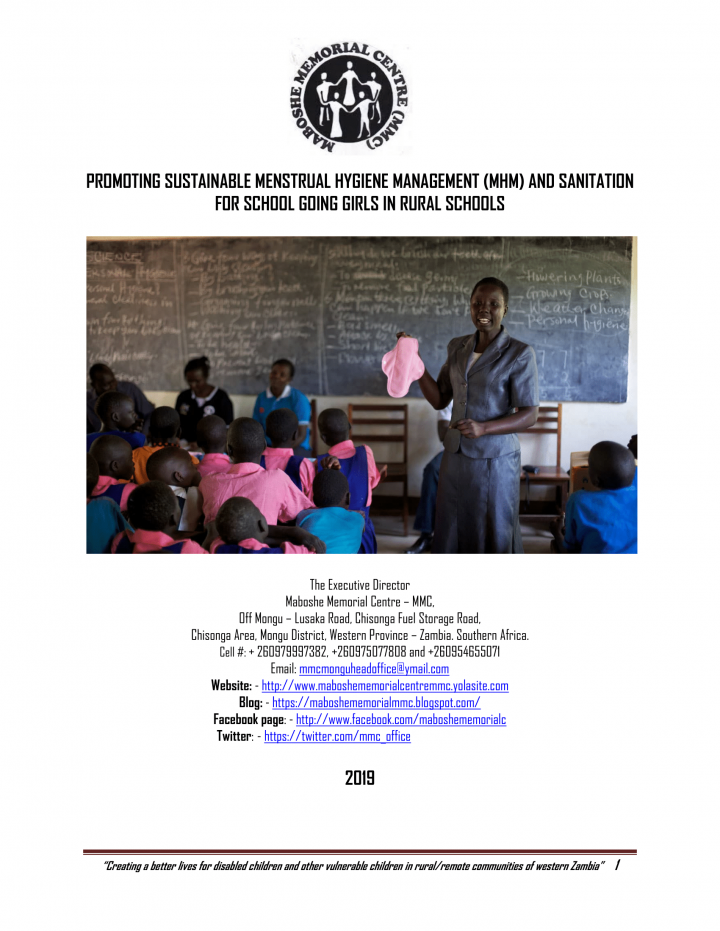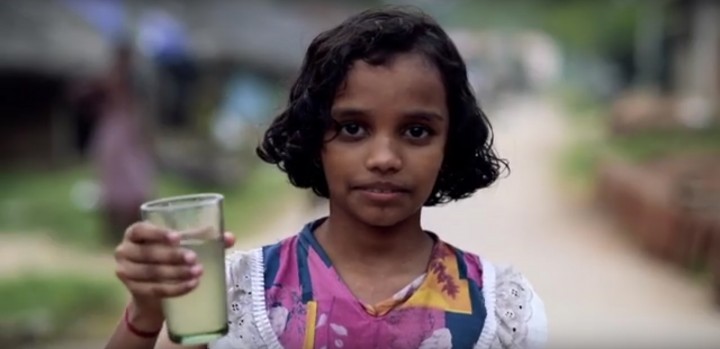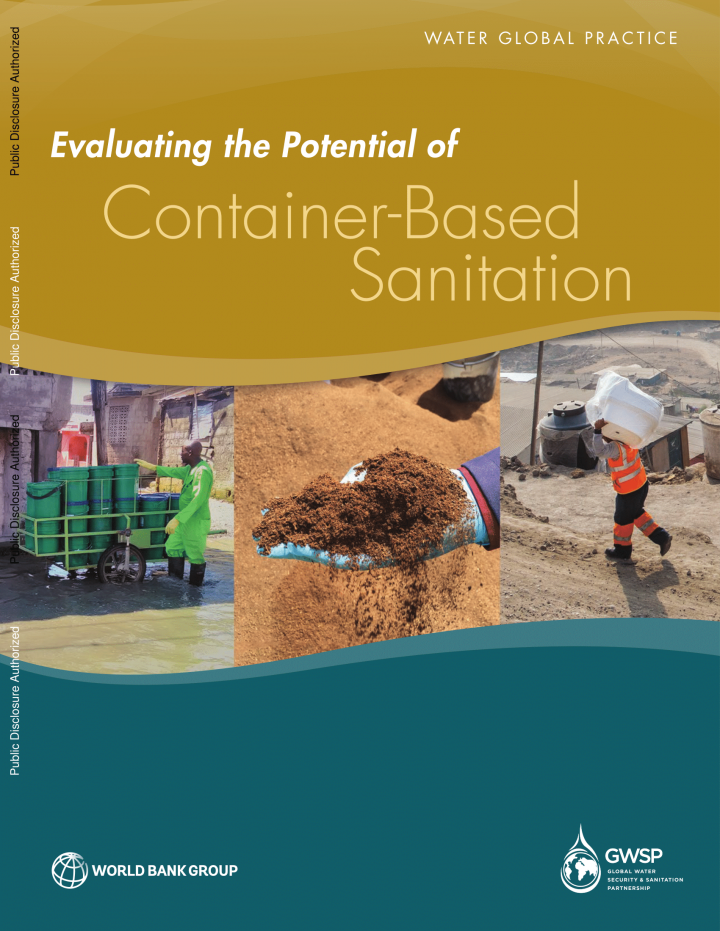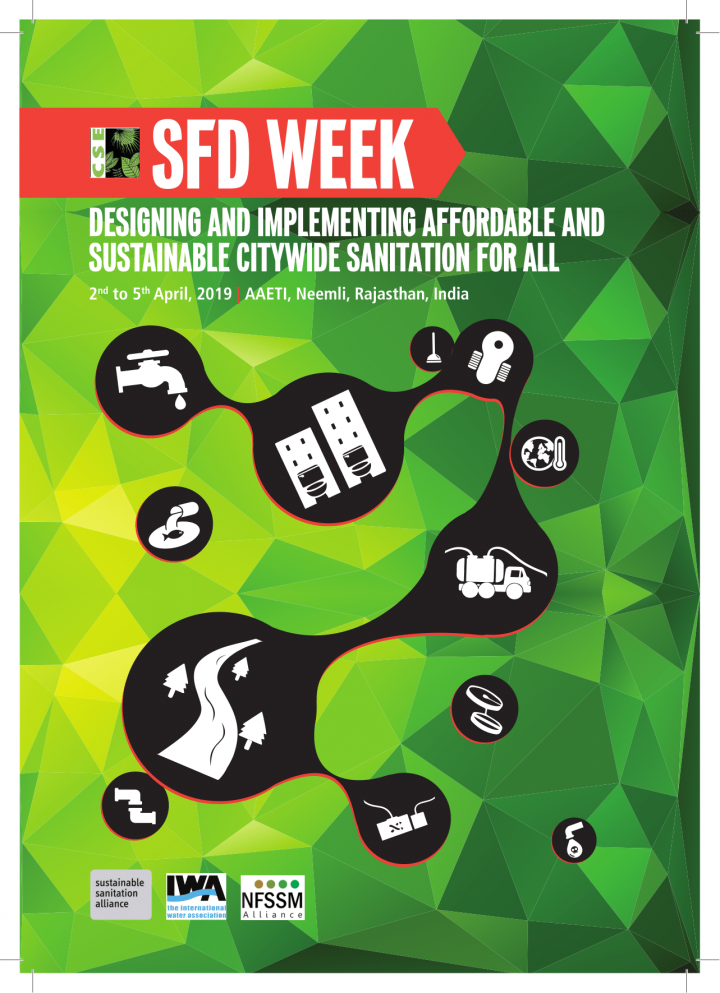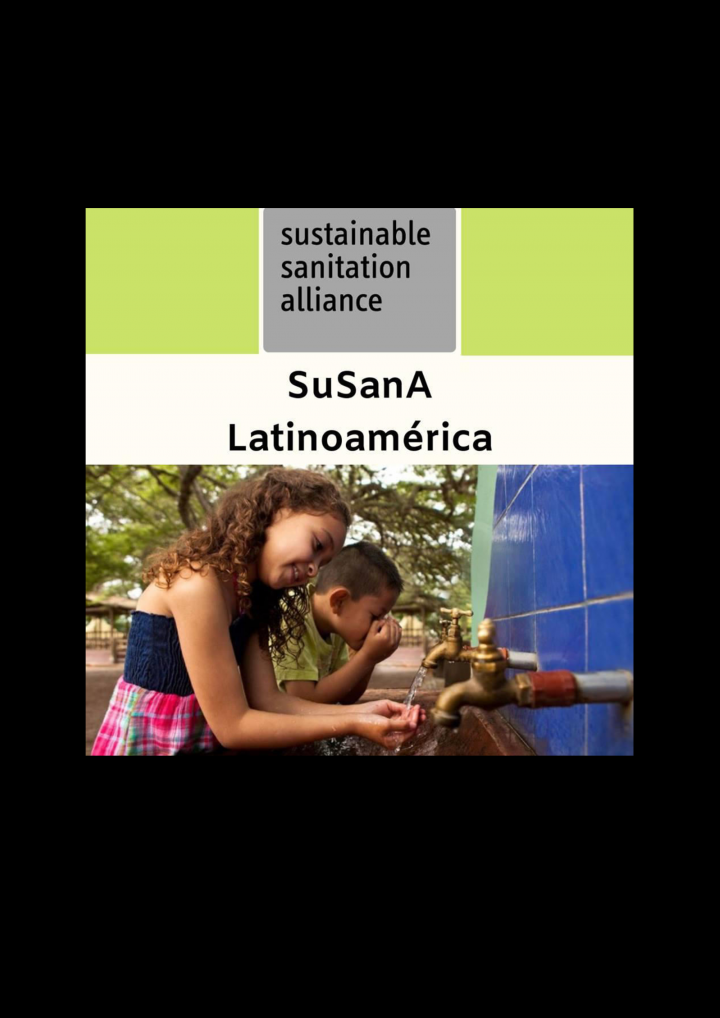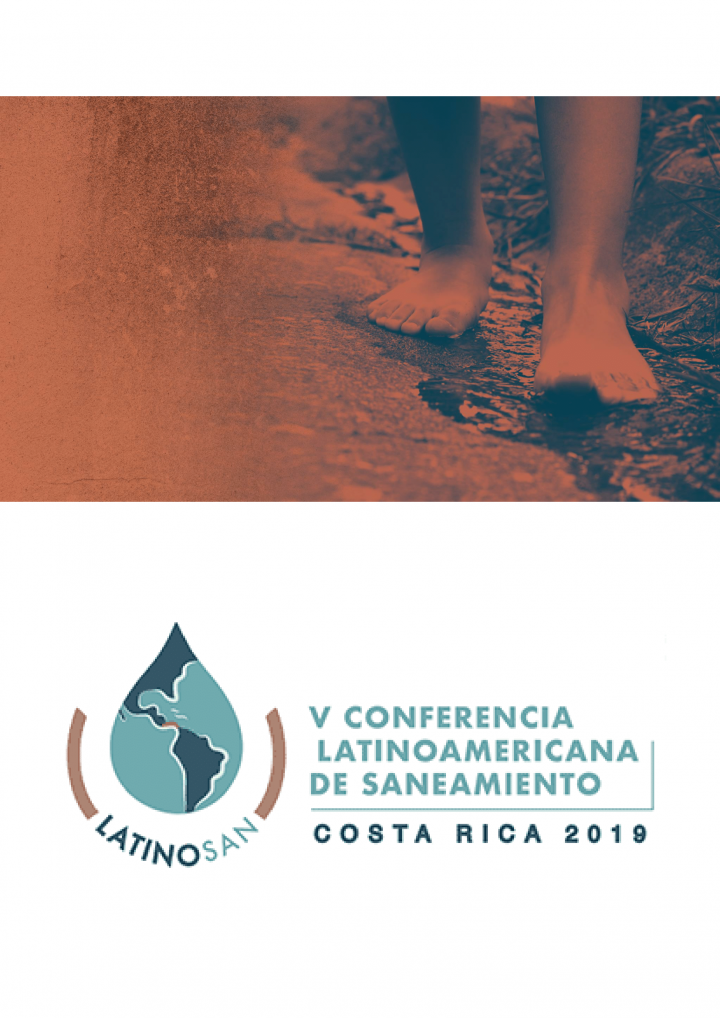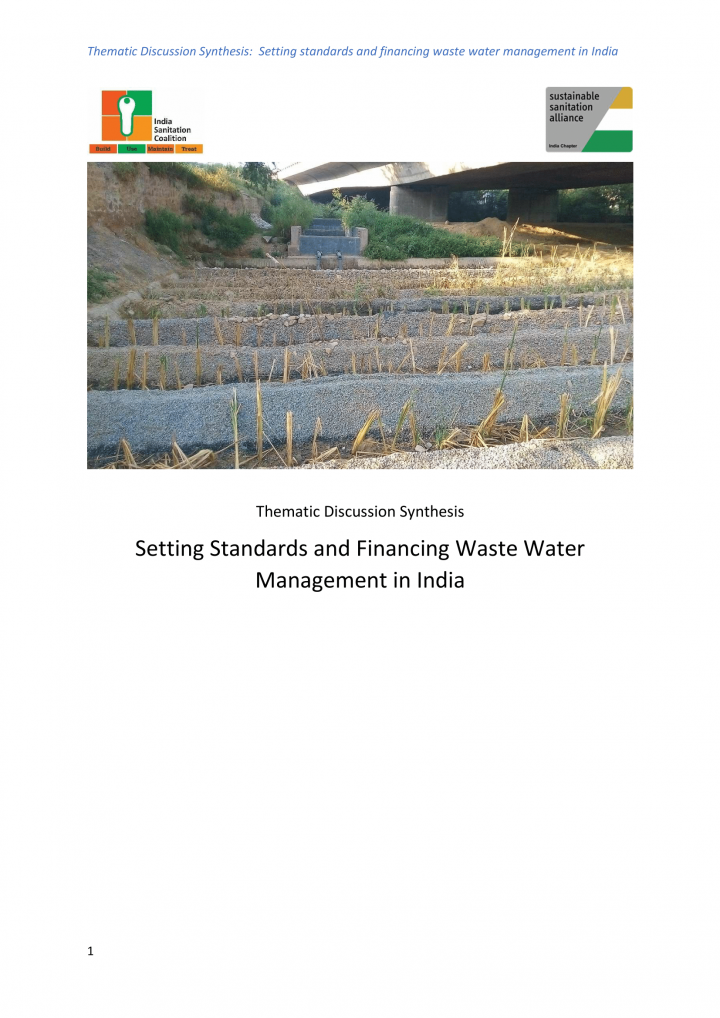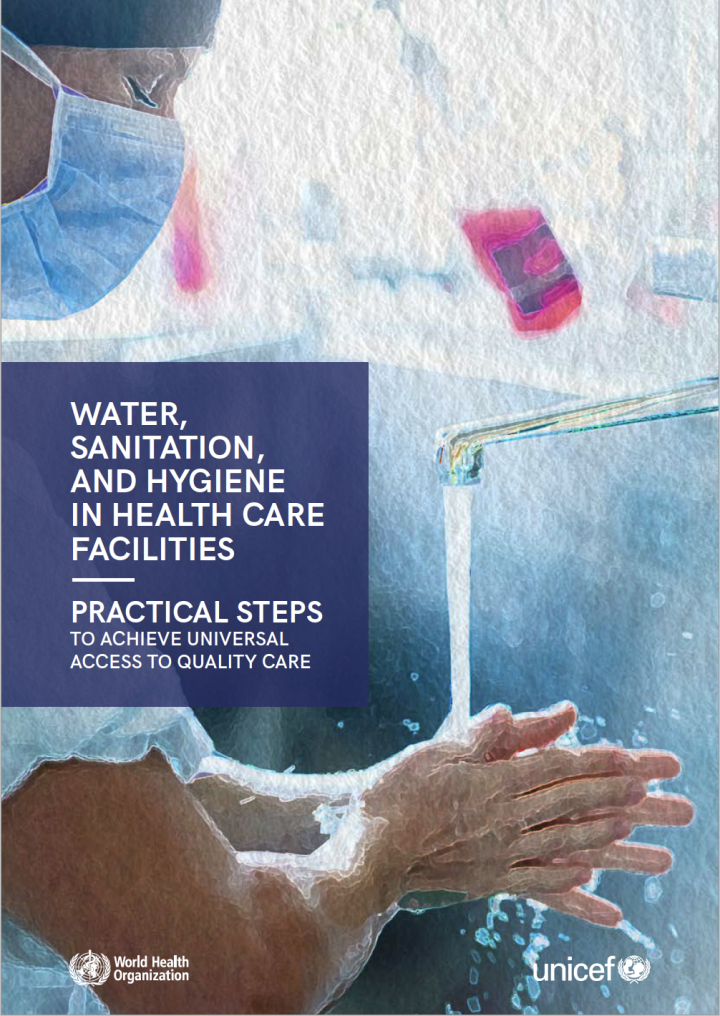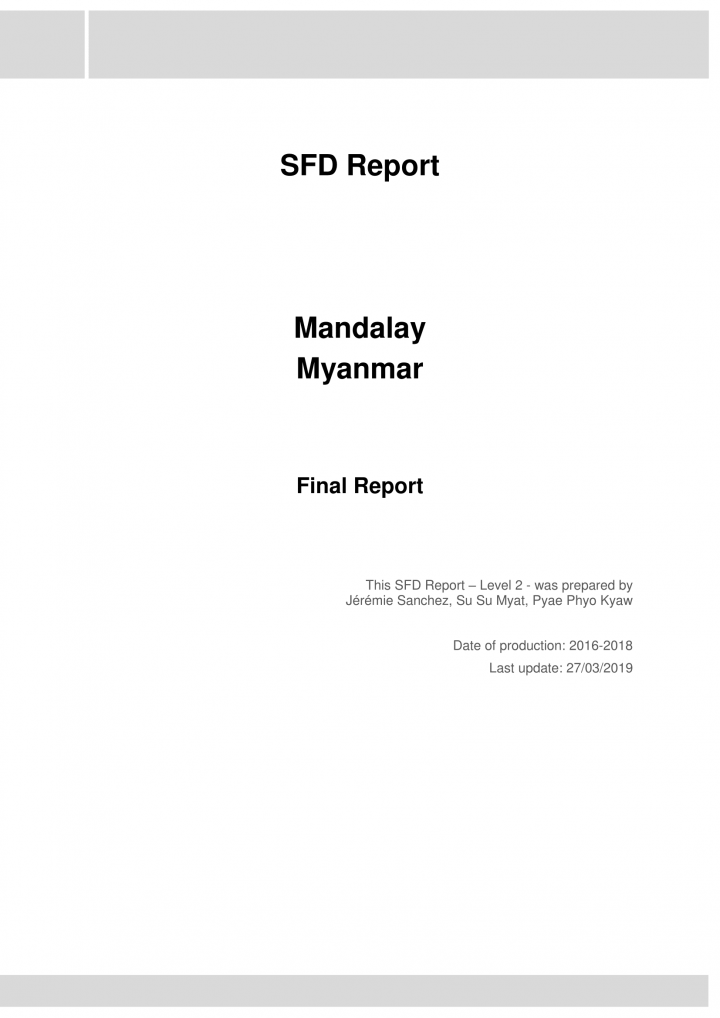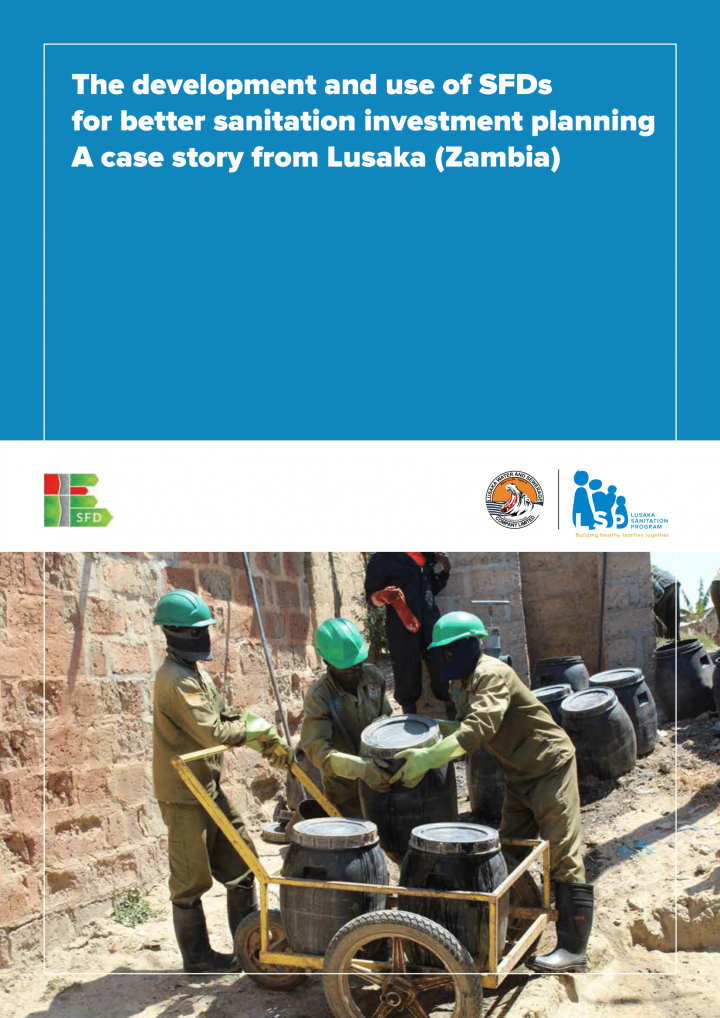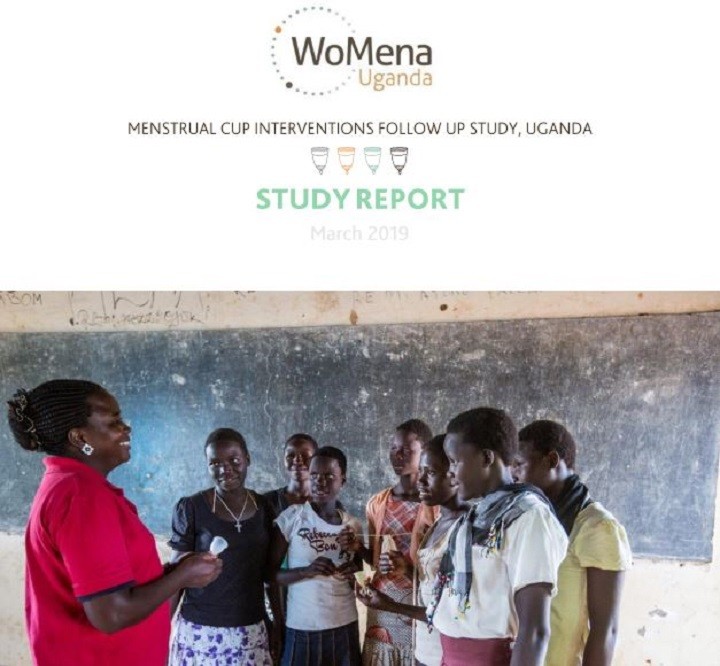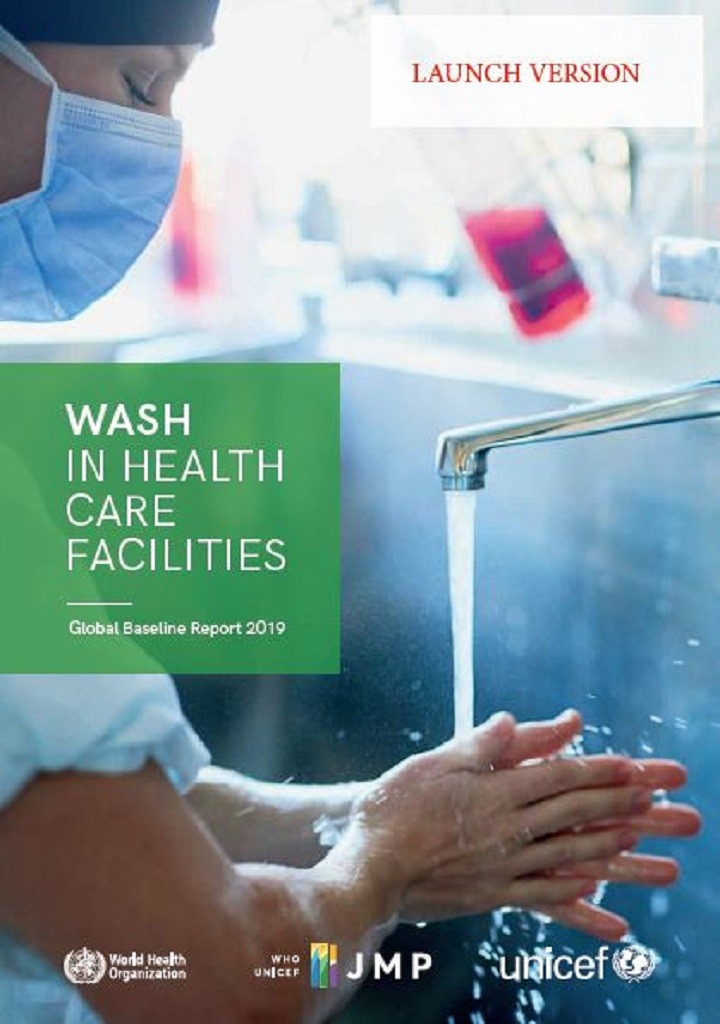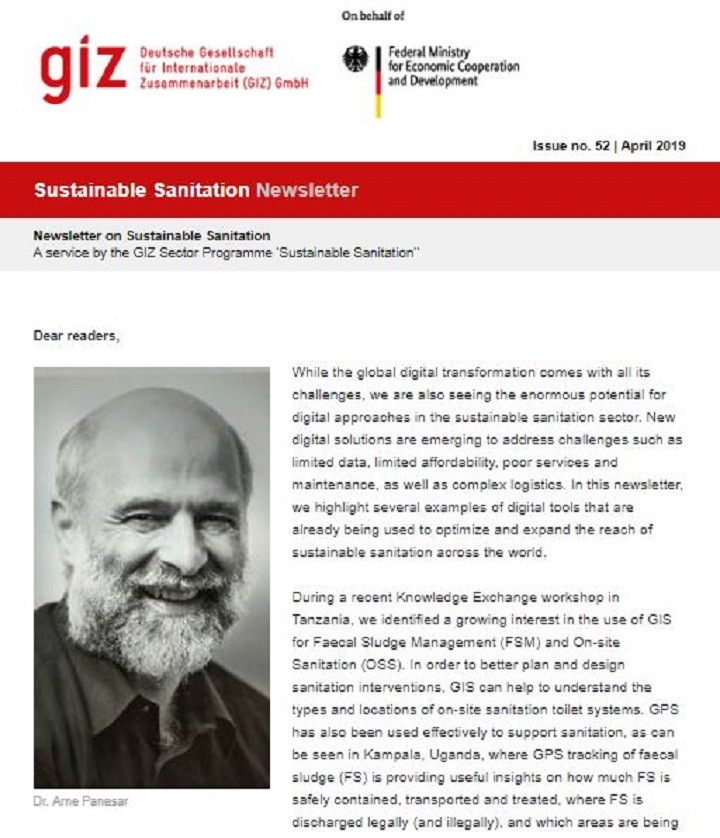Searching for information on Sanitation Workers?
The Sanitation Workers Knowledge + Learning Hub is the best source for all current news, trends, articles and updates on sanitation workers rights around the world.
It seems people these days can’t stop talking about periods. From derision by presidential candidates, to taboo-breaking Instagrammers and marathoners, menstruation is no longer in the closet. The Society for Menstrual Cycle Research (SMCR) has been building the evidence base and articulating menstruation’s role in health and well-being for over 40 years. SMCR was the first multidisciplinary …
Due to the lack of investment in a proper sanitation system in the Philippines - including sewage collection and treatment - close to 20% of the population (approx. 20 million) suffer from inadequate access to sanitation and 9 million rely on unsafe water sources. Additionally, a significant portion of the population is resorting to open defecation (6 million) as a negative coping mechanism, …
Addressing urban sanitation requires a concurrent focus on both infrastructure and service delivery systems. Where on-site sanitation is the main type of sanitation, as in the programme cities, a focus on safe faecal sludge management was required. Regular emptying of on-site containment systems is a key service delivery challenge that provides an entry point for improving urban sanitation …
Since 2017, SNV and the Government of Tanzania have been implementing the Sustainable Sanitation and Hygiene for All (SSH4A) programme in eight Tanzanian districts. To date, the number of households that use toilets has increased to 90%. In the period March–April 2019, SNV Tanzania undertook a household survey in the eight project districts to identify the 10% of households still practising …
Should we worry? Many people worry that menstrual products may contain harmful substances, particularly since products are used for a prolonged time in close contact with highly absorbent skin around the vagina. So, should we be concerned?
What are the ingredients in menstrual products? Ingredients vary greatly, both by type and brand of product. One common ingredient is cotton, especially …
The F4S approach uses the school setting to support the institutionalization of health-promoting behaviour of children. This includes washing hands with soap, brushing teeth with fluoride toothpaste, daily cleaning of sanitary facilities, etc. The measures in schools include a clear set of rules for routine group activities, simple infrastructural measures such as group washing facilities and …
Nepal’s Menstrual Movement – The topic MHM has gained considerable momentum in Nepal since the earthquake in 2015. The fantastic work of development initiatives and activists of the MHM Practitioner Alliance Nepal is documented in the report ‘Nepal’s Menstrual Movement’. It has been launched on MH Day 2019 parallel in Berlin and Kathmandu and is available for download here.
This …
This paper presents a comprehensive conceptualisation of how climate change could be considered in urban sanitation policy and programming.
Given the urban sanitation crisis facing many cities in developing countries, consideration of climate change can seem like an unwanted distraction from the immediate problems at hand (Bartram, et al., 2017). Climate hazards are often perceived as …
The Rich Earth Institute’s Urine Nutrient Reclamation Program (UNRP) is the first community-scale urine diversion program (UD program) in the United States. Initiated in 2012, we now divert thousands of gallons of urine from the wastewater stream annually. We recycle the urine into sanitized fertilizer and apply it to hay fields on participating farms in Windham County, Vermont. Demand for …
Many of the schools visited have a population of students of more than 500, of which 300 are female pupils and 200 are male pupils. Furthermore, with a total number of 8 members of staff, of which 3 are male and 5 are female teachers.
With the problem analysis, Maboshe Memorial Centre (MMC) is hoping to lobby for donor funding to conduct a 2 to 3 years project in the seven Primary Schools …
The film uses the common sight of leaders making many promises in rural areas. It compels a child to take a glass of visibly polluted water from her village to the leader, requesting for clean water. The focus here is to bring to attention that a vote for safe water is what we need to ensure the safety of our children.
Urban population growth in many developing countries outpaces gains in improved sanitation access and services. In such circumstances, the traditional approach to urban sanitation, premised on extending sewerage networks and building wastewater treatment (WWT) plants, will not be sufficient to deliver citywide sanitation services for all. Alternative approaches are needed to deliver adequate and …
The SFD week conducted from 2nd to 5th April 2019, was a three-day conclave on sanitation that helped around 140 sector players, from across India and beyond, to not only learn from the deliberations that went by throughout the week but also witness and enjoy the serene atmosphere that AAETI offers.
Here, you find the external link to the SFD Week material (presentations, videos, pictures) on …
Durante la V LATINOSAN en San José, Costa Rica, se lanzó oficialmente SuSanA Latinoamérica. El evento fue moderado por Sergio Pérez, un especialista en agua y saneamiento del BID, y más de 70 asistentes participaron. Cecilia Rodrigues (Secretaría de SuSanA) ofreció un breve resumen del impacto global de SuSanA y las herramientas que ofrece la plataforma. Los objetivos específicos de …
La V Conferencia de Latinoamérica de Saneamiento 2019 tuvo lugar en San José, Costa Rica. LatinoSan es una conferencia del nivel internacional y regional, dónde se reúnen cada 3 años actores políticos, empresas y sociedad civil. El objetivo del evento es la promoción del acceso a servicios de saneamiento sostenible y de calidad, en el área urbana y rural de los países …
This discussion will examine a few aspects of the waste water economy. In November 2018, the SuSanA India Chapter, IRC and TARU organised a face-to-face ‘Insights Discussion’ on sharing experiences on waste water challenges and solutions, facilitated by the Ecosan Services Foundation, in Mumbai. That discussion brought out five issues – setting standards for using waste water and sewage, …
The purpose of this document is to present eight practical actions that Member States can take at the national and sub-national level to improve WASH in health care facilities. It also summarizes the global response to the UN Secretary General’s Call to Action. This document is a companion to the WHO and UNICEF JMP 2019 SDG baseline report for WASH in health care facilities (available in the …
A new generation of infrastructure projects that harness the power of nature can help achieve development goals, including water security and climate resilience. In this report from the World Bank and World Resources Institute, both organizations are calling for green infrastructure, such as mangroves and wetlands, to play a bigger role in traditional infrastructure planning. Integrating nature …
Mandalay is located on the bank of the Irrawaddy on a rather flat and low flood plain, in the centre of Myanmar’s dry-zone. Mandalay is the second largest city of Myanmar. Mandalay experiences increased informal settlements due to rapid expansion.
All sanitation infrastructures in Mandalay are onsite. The SFD graphic shows that 100% of excreta is not properly managed. It consists of 34% of …
The CSF-Lusaka project supports its implementing partners in the use of Shit Flow Diagrams (SFDs) to better understand and illustrate the sanitation situation in Lusaka City, the capital of Zambia. In 2018, a number of SFD reports were prepared, covering Lusaka City as a whole and looking into peri-urban areas or specific aspects of the Lusaka Sanitation Programme. This brochure provides an …
Globally many women and girls do not have access to appropriate Menstrual Health Management (MHM) methods that are effective, comfortable, convenient, affordable and safe to use and dispose of. Combined with inadequate facilities, social support and knowledge of menstruation as well as prevailing menstrual taboos and stigma, the lack of appropriate MHM methods can impact the physical, social and …
The WHO/UNICEF JMP has expanded its global databases to include WASH in health care facilities. The 2019 global baseline report includes harmonized national estimates as well as regional and global estimates for 2016.
The Key messages for sanitation are:
In 2016:
1. 18 countries and only one SDG region had sufficient data to estimate coverage of basic sanitation services in health care …
This newsletter will provide you with a set of updates from the GIZ bilateral water and sanitation programmes in Africa, Asia, MENA and Latin America as well as a selection of news from other sustainable sanitation projects worldwide.
This newsletter focuses on digital approaches in sanitation.
The Global WASH Cluster Annual Report for 2018 summarizes the most salient results achieved over the year, the key challenges faced in implementing the Global WASH Cluster (GWC) Strategic Plan and recommends activities to overcome the challenges. The 2018 Annual Report follows the model established in the 2017 Annual Report. The priority activities are identified and listed in line with the new …

